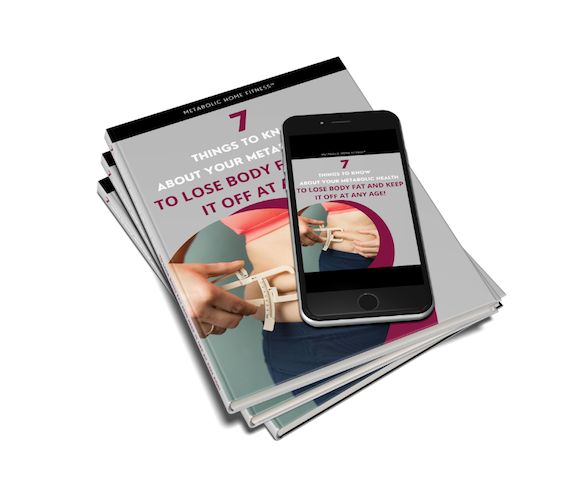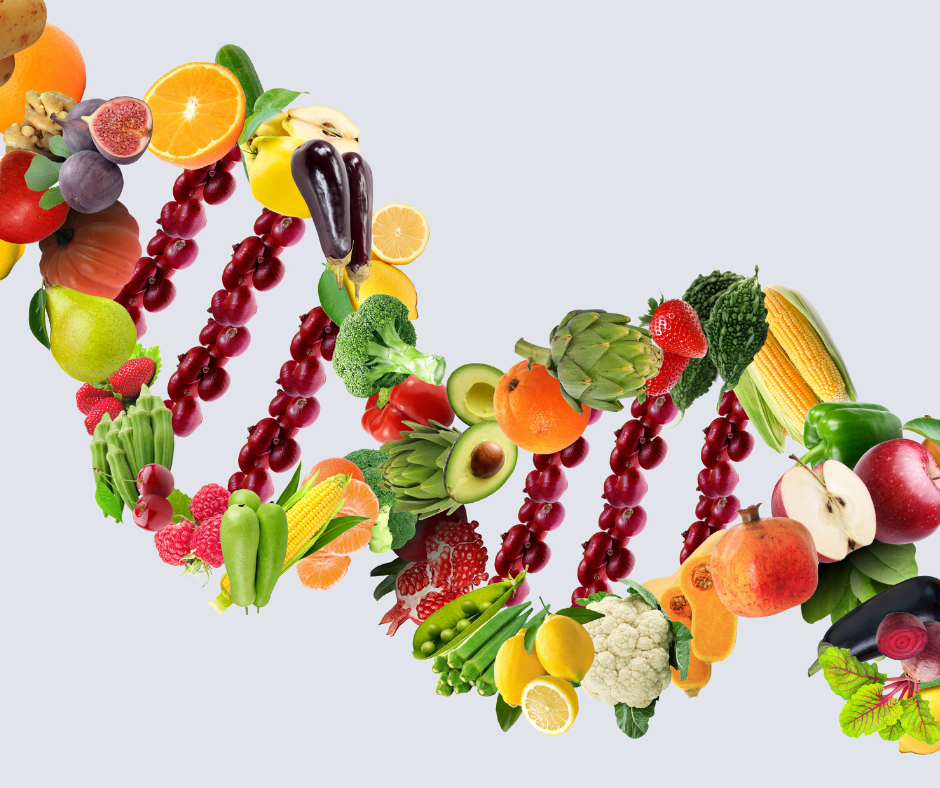Keeping your liver healthy is crucial for overall well-being, as the liver plays a vital role in metabolic health with detoxification, and other essential bodily functions. Here are some critical steps you can take to maintain liver health, along with the reasons why they are essential:
- Maintain a Healthy Diet:
- Why: A balanced diet helps prevent fatty liver disease, supports liver function, and reduces the risk of liver damage.
- How: Eat fruits, vegetables, whole grains, good but moderate fat and proteins. Limit simple carbs and unhealthy manufactured fats. Avoid processed foods and eat foods rich in antioxidants, such as berries, nuts, and leafy greens.
- Stay Hydrated:
- Why: Proper hydration helps the liver flush out toxins and function efficiently.
- How: Drink plenty of water throughout the day. Aim for at least eight glasses (about 2 liters) daily, more if you are active or live in a hot climate.
- Exercise Regularly:
- Why: Regular physical activity helps maintain a healthy weight, reduces the risk of fatty liver disease, and improves overall liver function.
- How: Engage in at least 150 minutes of moderate-intensity aerobic exercise or 75 minutes of vigorous exercise each week. Include strength training exercises at least twice a week.
- Limit Alcohol Consumption:
- Why: Excessive alcohol intake can lead to liver inflammation, fatty liver, and eventually liver cirrhosis or liver cancer.
- How: Follow moderate drinking guidelines, up to one drink per day for women and up to two drinks per day for men. If you have liver disease, it’s best to avoid alcohol entirely.
- Avoid Toxins:
- Why: Toxins from certain chemicals, drugs, and supplements can damage liver cells and impair liver function.
- How: Avoid exposure to environmental toxins, use household chemicals and personal care products as directed, and be cautious with medications and supplements. Always follow dosage instructions and consult a healthcare provider before starting new medications or supplements.
- Practice Safe Sex and Avoid Sharing Needles:
- Why: These practices reduce the risk of viral hepatitis, a leading cause of liver disease.
- How: Use condoms during sex, avoid sharing needles, and get vaccinated against hepatitis A and B.
- Get Regular Medical Check-ups:
- Why: Regular check-ups can help detect liver problems early when they are most treatable.
- How: Have regular blood tests to monitor liver function, especially if you are at risk for liver disease. Discuss any concerns with your healthcare provider.
- Manage Stress:
- Why: Chronic stress can negatively impact liver health through increased inflammation and oxidative stress.
- How: Practice stress-reducing techniques such as meditation, yoga, deep breathing exercises, and maintaining a healthy work-life balance.
By following these steps, you can help ensure that your liver remains healthy and capable of performing its vital functions effectively.
Understanding and improving these aspects of metabolic health can lead to significant enhancements in overall well-being, performance, and longevity.
Years ago after college, I neglected my health, indulging in unhealthy habits like fast food, sugary drinks, and irregular eating patterns. My weight ballooned due to my sugar consumption, and lack of exercise. A wake-up call from a doctor 45 years ago prompted me into action. But, I didn’t know where to turn to lose 35 pounds of fat. I tried various quick-fix diets and exercise programs, but they only worsened the issues eliminating muscle and I got fatter. Short term diets have short term results. I wanted something for life and I found it!

In my quest to improve my health, I discovered that there are no shortcuts when it comes to Metabolic Health. Just like daily hygiene and work, incorporating regular exercise and proper nutrition into your life is essential. However, I faced the same challenge many do—finding the time to commit to these practices every day. This led me to create Metabolic Home Fitness and take control of my own nutrition.
I invite you to visit my website, where you can learn how to take charge of your Metabolic Health and become a fat burner, just as I have for the past 45 years. Everything on my site is completely FREE, including my exercise programs, videos, blogs, and health calculators.
Additionally, I offer valuable information on using DNA to enhance your health—something that wasn’t available 45 years ago but can now be a game-changer. While my core resources are FREE, we do offer a few items for purchase, including reasonable DNA-related tools and testing at your option, from which we earn a small commission. This allows you to use our health calculators, my program, exercise videos, walking workouts and nutrition guides all FREE 24/7 and no password needed!

Also download my FREE ebook while you are there. “7 things to know about your Metabolic Health to take fat off and keep it off at any age”


